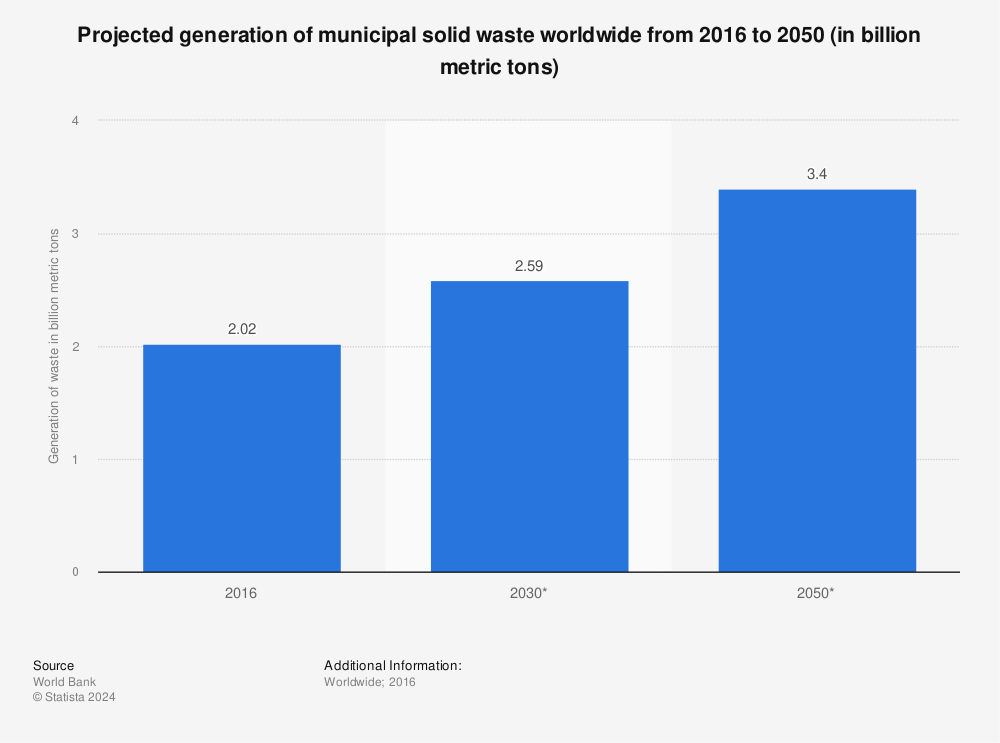How does ROUNDMAP™ relate to the Stakeholder Theory?
“The task of executives is to create as much value as possible for stakeholders without resorting to tradeoffs. Great companies endure because they manage to get stakeholder interests aligned in the same direction.” ~R. Edward Freeman
Definitions
Wallstreet Mojo: “Stakeholder theory refers to the ethical concept that addresses the outcome of business decisions, products, profits, etc, and its collective impact on all stakeholders including the shareholders, employees, financers, government, customers, suppliers, etc.”
Stakeholder Theory, although there are many, contains 6 principles,
-
- Principle of Entry & Exit (hiring)
- Principle of Externalities (
- Principle of Agency
- Principle of Governance
- Principle of Contract Cost
- Principle of Limited Immortality
As an example of Stakeholder theory, we take highlights from the 2020 report of Domino’s Pizza Inc.
-
- The company is concerned about the corporate responsibility through which it ensures the satisfaction of its people & customers, top quality of its products, enrichment of its community, and protection of its environment.
- The company runs with a CSR statement “Do the right things because it’s the right thing to do”. This focuses on their approach towards the community.
- The Chief People and Culture Officer of the Company, David Klages, said that “This is a people business as much as a pizza business”. This further shows their concerns about customers, suppliers, employees.
- The report further states that every minute a supply truck is arriving at a Domino’s Pizza Enterprises Ltd store, somewhere in the world. This shows the level of procurement the company is involved in.
- Overall, the company is much concerned about the satisfaction of its customers. For every delivery it makes, the customer is asked to provide feedback on their order. This makes the company responsible for each order.
About Stakeholder Theory: “Stakeholder Theory is a view of capitalism that stresses the interconnected relationships between a business and its customers, suppliers, employees, investors, communities and others who have a stake in the organization. The theory argues that a firm should create value for all stakeholders, not just shareholders.”
In 1984, R. Edward Freeman originally detailed the Stakeholder Theory of organizational management and business ethics that addresses morals and values in managing an organization. His award-winning book Strategic Management: A Stakeholder Approach identifies and models the groups which are stakeholders of a corporation, and both describe and recommend methods by which management can give due regard to the interests of those groups.
The theory has become a key consideration in the study of business ethics and has served as a platform for further study and development in the research and published work of many scholars, including those featured on this website.
ROUNDMAP™ and the Stakeholder Theory
It was our desire for greater EQuitability, providing everyone with a fair chance in life, that drove us to create the ROUNDMAP™. It won’t come as a surprise that Stakeholder Theory is at the very heart of what we do and hope to achieve.
Through the ROUNDMAP, we aim to create a more just world, by reinvigorating the purpose of work by means of collaborative and purposeful value creation and delivery, thereby preventing a further alienation of work, causing people to perceive their work as meaningless, driving them to reckless consumption to compensate for their unfulfilling contribution; because we badly need to reduce our joint footprint to more sustainable levels.
Reducing our Footprint
Each year, on a global scale, we manage to throw away 2 billion metric tons of solid waste, that is 2.000.000.000.000 kilogram. Every year! And the trend points upwards, at least to 2050.
Find more statistics at Statista
Grandmaster’s Playbook
Furthermore, in addition to the framework, we’ve described the Grandmaster of Business™ Playbook, based on Aristotle’s Nicomachean Ethics, to inspire leaders to always approach challenges from three angles: practical knowledge (know-how), scientific knowledge (data), and practical wisdom (ethics).
The time is right to do what’s right, said Martin Luther King, Jr.
Author
-
Edwin Korver is a polymath celebrated for his mastery of systems thinking and integral philosophy, particularly in intricate business transformations. His company, CROSS-SILO, embodies his unwavering belief in the interdependence of stakeholders and the pivotal role of value creation in fostering growth, complemented by the power of storytelling to convey that value. Edwin pioneered the RoundMap®, an all-encompassing business framework. He envisions a future where business harmonizes profit with compassion, common sense, and EQuitability, a vision he explores further in his forthcoming book, "Leading from the Whole."



